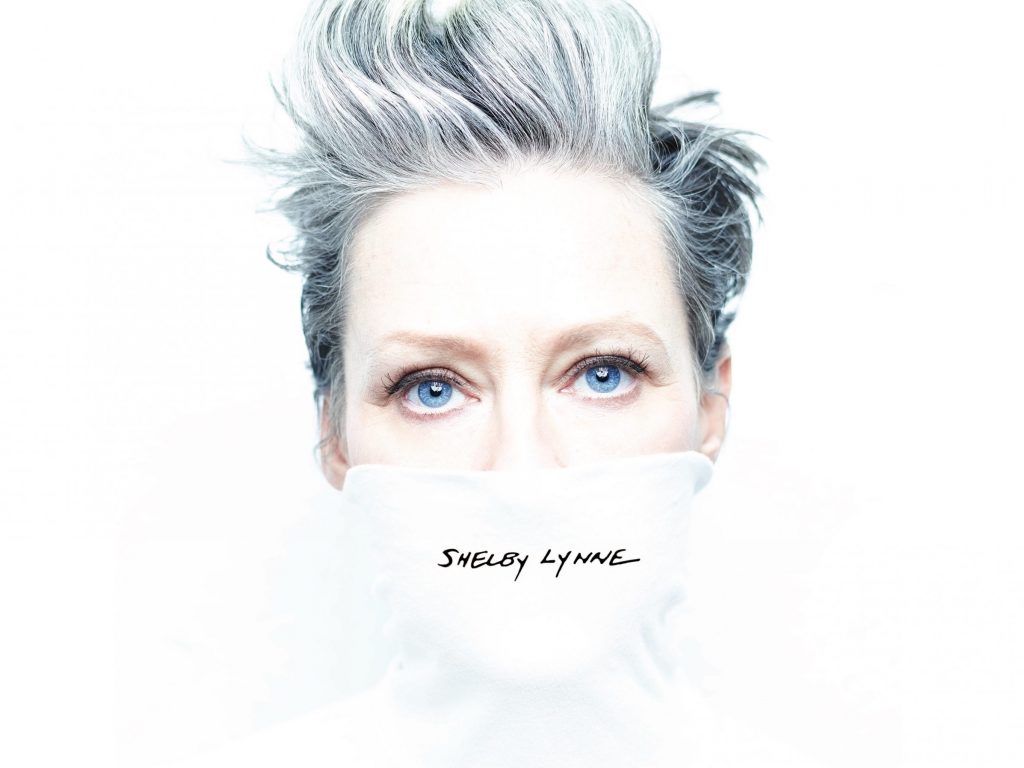“Shelby Lynne”: An Identity Crisis for the Quarantine Era
By Annalisha Fragmin

It has been 17 years since Shelby Lynne released “Identity Crisis,” but in many ways, Lynne’s music has always fit that title. Although Lynne’s career has blended melancholy elements of soul with artful pop instrumentation, the distinct country contributions of her hometown of Mobile, Alabama have always lingered.
Her newest release also showcases the Lynne style of identity crisis. The songs on “Shelby Lynne” were originally recorded as a soundtrack for the unreleased film, “When We Kill the Creators.” But in addition to being the voice of the tortured character Lynne plays in the film, this album is undeniably a pure Shelby Lynne record. Piercing, introspective lyrics that serve both as a balm and a blow to anyone willing to be honest about how those lyrics apply to their own lives, paired with simple guitar-keyboard-microphone instrumentation that has more in common with Lynne’s country roots than most songs on commercial radio do.
It’s “hard to dream in the light of day,” Lynne sings on “Here I Am,” and if the album needed a thesis statement, that could serve nicely. The dreams of this record are hidden in the shadows of worry, despair and reluctance. The central theme of a crisis that is at the heart of all of Lynne’s work is on naked display here as she struggles with the inward desire to love and be loved, while arguing outwardly against it.
If “Here I Am” proclaims the album’s purpose, then “Don’t Even Believe in Love” offers compelling evidence, with lyrics that argue against all of a potential lover’s traits even as the singer finds them irresistible.
There is no resolution to the miniature crises offered throughout the album’s tracks. “Revolving Broken Heart” attempts a resolution while offering an acknowledgment that “I’m starting to embrace all my weaknesses / They’ve become my favorite acquaintances.” It’s clear throughout the whole album that what Lynne considers “weaknesses” are the tendencies to give into joy, even when all signs point to potential disaster.
For many listeners, “Revolving Broken Heart” will hold a greater meaning. It was while listening to the song that I came to realize that “Shelby Lynne” was a perfect album for the quarantine era. In the song, Lynne proclaims, “For myself, I had great expectations / But waiting around stole all my patience,” and if that line doesn’t describe many of our day-to-day activities, I don’t know what will.
Most of the joys in our lives right now come tempered with fears about our jobs, rent, car payments, or the health of ourselves and our loved ones. The joys on “Shelby Lynne” are like good deeds; none go unpunished. The result is an album about the struggle between the happiness that we desire and the doom that we seem just as likely to get: an identity crisis many of us will find relatable now more than ever.
One thought on ““Shelby Lynne”: An Identity Crisis for the Quarantine Era”
Comments are closed.